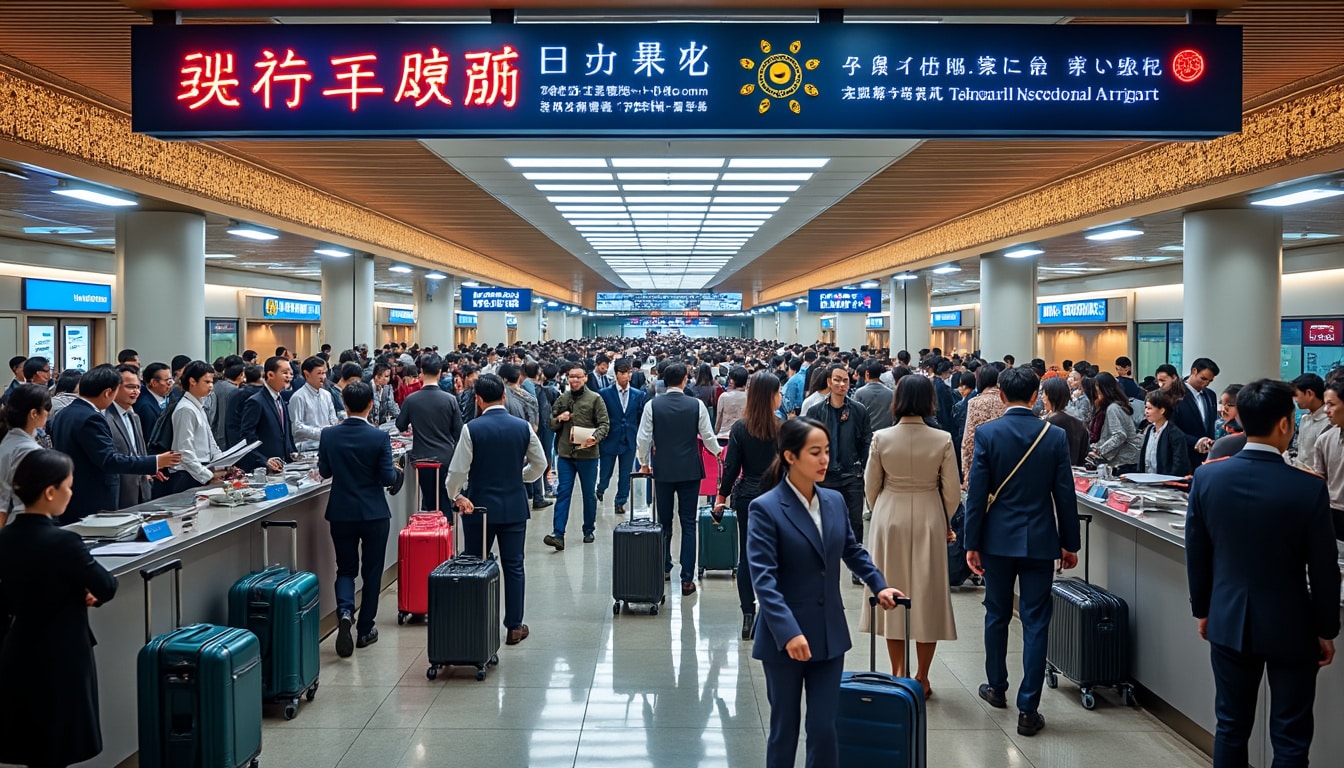Understanding laws and regulations can be a daunting task, especially when they influence one’s ability to travel internationally. For those considering a trip to Taipei, the vibrant capital of Taiwan, it’s crucial to be aware of how a criminal record might affect entry into the city. This article explores the intersection of criminal status and international travel to Taipei, offering an informative guide to help travelers navigate these intricate situations. Whether you plan to visit the bustling night markets or dive into the city’s rich cultural history, knowing the potential legal barriers and entry procedures can save time and prevent complications at the border.
Impact of Criminal Records on Entry to Taipei
Countries around the world possess unique immigration policies concerning individuals with criminal records. Taipei, as part of Taiwan, adheres to strict laws governed by the Taiwan National Immigration Agency and related bodies such as the Taiwan Ministry of Justice and the Taipei Police Department. Naturally, these policies play a significant role in determining whether one is permitted entry into the city.
The *Immigration Bureau* reviews applications on a case-by-case basis within the framework of these regulations. Various factors, such as the type of crime committed and its severity, are evaluated to assess potential threats to Taipei’s public safety and order. In this context, individuals with serious offenses might face an entry ban, whereas minor offenses could result in different outcomes. For instance, the severity of a sentence — whether it’s imprisonment or a fine — can profoundly influence the likelihood of being granted entry.
Reading the guidelines from the Taipei Horizon can provide insights into these procedures, ensuring that travelers are fully prepared prior to their journey.
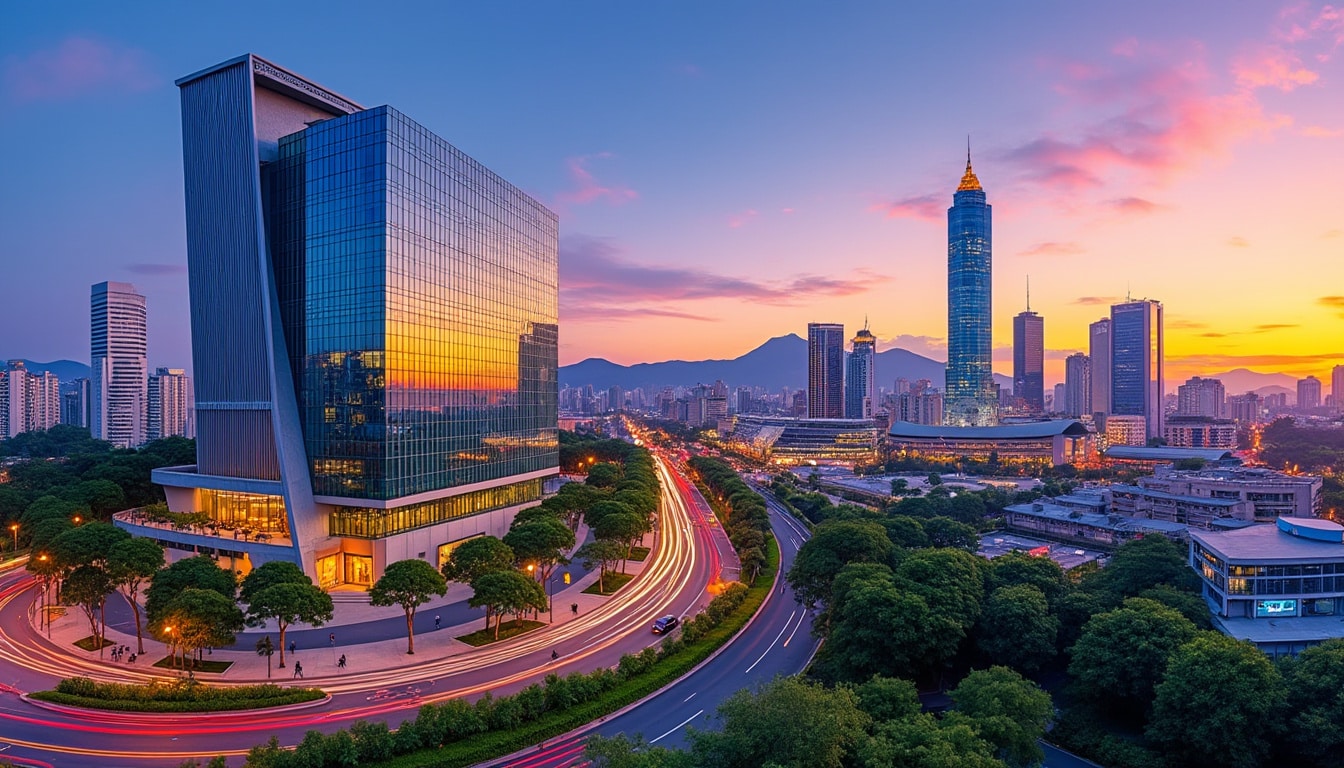
Key factors include:
- Illegal acquisition, forgery, or alteration of travel documents 🛂
- Punishments involving imprisonment 👮♂️
- Activities that pose a threat to national security 🔐
- Misdemeanors related to public nuisance or moral turpitude ⚖️
Each of these factors is assessed by immigration officials, ensuring that Taipei remains a safe destination for its locals and visitors alike. Those with previous minor infractions may still be eligible for entry, particularly if the incidents are distant occurrences or have been legally resolved. A fair assessment is the primary goal, balancing the interests of public safety with individual rights.
Regulations for Different Types of Offenses
The Taipei City Government categorizes offenses into several levels based on severity and the corresponding entry bans. These are designed to maintain order and safety while providing individuals with clear expectations regarding entry permissions. Here’s a detailed look at the offense categories and related outcomes:
| Type of Offense | Severity Level | Possible Entry Ban | Duration |
|---|---|---|---|
| Minor Infractions | Low | Possible but not likely | 1-2 years |
| Serious Crimes (e.g., fraud, theft) | High | Very Likely | 5-10 years |
| Severe Offenses (e.g., trafficking, terrorism) | Critical | Certain Ban | Up to 20 years or permanent |
Ultimately, when planning a trip to Taipei, any criminal history should be considered seriously, particularly during the *visa application services* process. Travelers may need to provide substantial documentation, including court records and character references, which may influence any decision made by the immigration authorities.
Legal Framework and Regulatory Bodies
Various regulatory bodies and legal frameworks govern entry restrictions in Taipei. These organizations include the Taiwan National Immigration Agency, the Immigration Bureau, and the Public Security Bureau. Together, they ensure the careful administration of immigration laws, striving to protect Taipei’s interests while facilitating smooth entry for law-abiding visitors.
The *Taiwan Ministry of Justice* is pivotal in these proceedings, frequently handling cases and assessing circumstances under which entry might be granted or refused. Their collaboration with the Border Control Agency ensures comprehensive oversight and the enforcement of stringent entry laws designed to safeguard public safety.
In 2025, technology plays a notable role in this process. Digital applications and platforms, like those of the International Criminal Police Organization (INTERPOL), allow officials to cross-check criminal databases swiftly. This development has streamlined the decision-making process, reducing the waiting time for potential entrants and lowering administrative burdens for the agencies involved.
There’s also practical importance in understanding the appeals process. Foreign nationals may appeal against decisions, offering them a platform to present additional evidence or details that may not have been beforehand. This appeals process is vital to ensuring fairness and justice, even as it serves as a deterrent against false claims or document tampering.
- Documentation review involves case-by-case assessment 📑
- Effective use of digital records in decision-making 📲
- Appeal procedures to ensure fairness and transparency ⚖️
Awareness and thorough understanding of these legal frameworks are crucial in preparing for a seamless journey to Taipei. Ensuring compliance with these regulations not only facilitates one’s entry but contributes to maintaining Taipei’s adored reputation as a warm and hospitable city.
The Importance of Legal Representation
For individuals grappling with complex immigration scenarios, legal representation can be beneficial. Legal experts specializing in immigration law can guide potential travelers through the nuances of *Taiwan National Immigration Agency* procedures, highlighting potential pitfalls and formulating strategies for overcoming obstacles.
Collaborating with legal professionals may involve preparing pertinent documents, advising on possible outcomes, and negotiating contingencies that align with Taiwanese law. This can be especially advantageous for those with criminal statuses that warrant greater scrutiny.
Maintaining harmony between the needs of security agencies and the rights of travelers underscores the importance of engaging expert counsel — ensuring that compromises are reached without infringing upon personal rights or public well-being.
Given these complex situations, informed decisions will ultimately pave the way for hassle-free entry and enduring positive experiences in Taipei.
Exceptions and Special Cases
Despite the rigorous systems in place, the Taiwan National Immigration Agency recognizes exceptions that permit entry even for individuals under standard bans. These allowances are crucial for maintaining humanitarian considerations and ensuring that the system remains just and flexible.
Some exceptions include:
- Medical emergencies warranting travel 🚑
- Marriage to a Taiwanese national 💍
- Parental responsibilities with a child of Taiwanese nationality 👶
- Exceptional humanitarian situations ❤️
In these instances, applicants are required to submit additional documentation to the *Taiwan National Immigration Agency* for validation. The agency looks into the individual merits of each case, weighing humanitarian concerns against the underlying security mandates.
The process is methodical, designed to balance the protection of national interests with compassion and equity. This practice includes a review by specialized committees, such as the Entry/Exit & Immigration Applications Review Committee. They ensure that any concessions made adhere to a legal framework and align with both local and international law.
Humanitarian Considerations in Taipei
Taipei has a longstanding reputation for its humanitarian approach, often welcoming individuals in distressing circumstances. From healthcare emergencies to family reconnections, humanitarian considerations allow for the humane processing of cases, highlighting Taiwan’s commitment to inclusivity and its distinct cultural ethos.
Nevertheless, these exceptions require rigorous examination, preventing abuse of the system by individuals or entities seeking to exploit loopholes. Overall, Taipei’s immigration authorities remain committed to retaining their compassionate yet firm approach, reflecting a harmonious blend of hospitality and diligence.
Future Trends and Expectations
Looking ahead to 2025 and beyond, the landscape of international travel is dynamically evolving, shaped by technological advancements and geopolitical developments. Taipei is poised to adapt, ensuring its entry processes stay consistent with the global standard, fostering both internal growth and international collaboration.
With the expansion of digital verification systems, such as biometric checks and e-visas, the Taipei City Government is likely to enhance its capabilities further — ensuring a seamless entry experience aligned with modern travelers’ expectations. These enhancements are predicted to streamline documentation requirements, decrease administrative loads on entry points, and elevate convenience.
Additionally, real-time communications with international organizations like INTERPOL foster stronger collaborations with other governments, amplifying joint security measures and safeguarding borders without stifling openness and exchange.
- Usage of biometrics for quicker processing 🤖
- Collaborations for enhanced global security 🌐
- Technological upgrades in visa services* 🌟
Ultimately, these trends reflect a promising balance between technological progress and cultural openness, encapsulating the essence of modern Taipei. Visitors can expect customized and efficient experiences with the assurance that their security, as well as that of the city, is a priority.
By staying informed and proactive, aspiring travelers can prepare to embark on enriching journeys teemed with discovery and adventure in the bustling metropolis of Taipei.
Emerging Challenges
Yet, challenges persist. Issues such as cybersecurity threats, potential misuse of travel privileges, and emergent geopolitical tensions require agile responses from authorities. Empowering immigration offices with the latest technology, predictive analytics, and enhanced security measures ensures that these challenges are met with resilience and foresight.
Ultimately, through these efforts, Taipei strives to blend its heritage of hospitality with cutting-edge security practices, paving the way for a future where integrity and innovation coexist in harmony.
Frequently Asked Questions (FAQ)
While this article provides comprehensive insights into Taipei’s entry protocol for individuals with a criminal background, some questions may still arise:
- What crimes most impact my ability to enter Taipei?
Serious offenses, especially those involving security or public safety threats, may lead to significant entry barriers, including long-term bans. - Can I appeal a denied entry due to a criminal record?
Yes, there is an appeal process in place that allows individuals to present their cases, often involving legal representation. - Are there exceptions for family reasons?
Yes, in cases involving family ties, humanitarian concerns, or emergencies, exceptions can be made, particularly when linked to Taipei residents.
The answers to these queries, along with the information detailed in this article, offer reassurance and clarity, ultimately serving to enhance the preparation process for any traveler considering Taipei as their next destination.
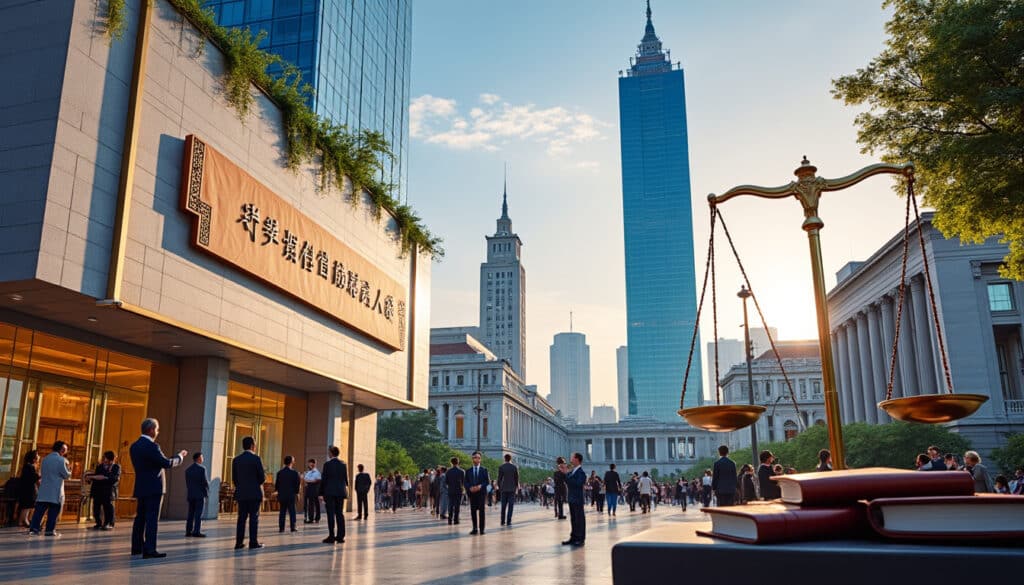
Legal Information and Rules in Taipei
When navigating the dynamic cityscape of Taipei, understanding the legal system and its rules is crucial for both residents and visitors. Taipei’s legal structure reflects a blend of historical influences and modern advancements, designed to maintain order and justice in…
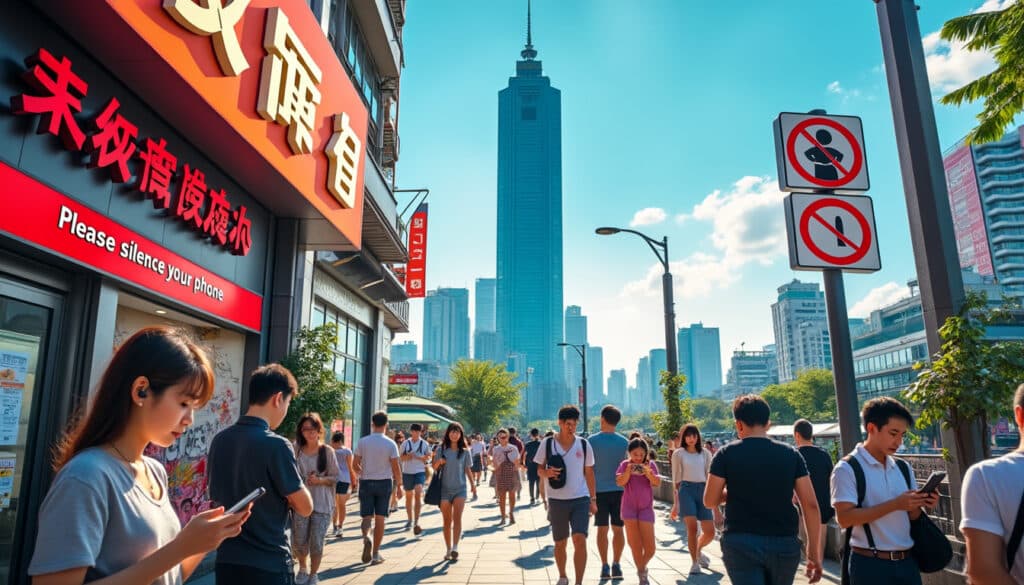
Calling and communication rules in Taipei
Taipei, a bustling city blending rich history with modern innovation, stands as a beacon of culture and commerce in Asia. Navigating this dynamic landscape requires more than just knowing landmarks; understanding the intricate calling and communication rules can make a…
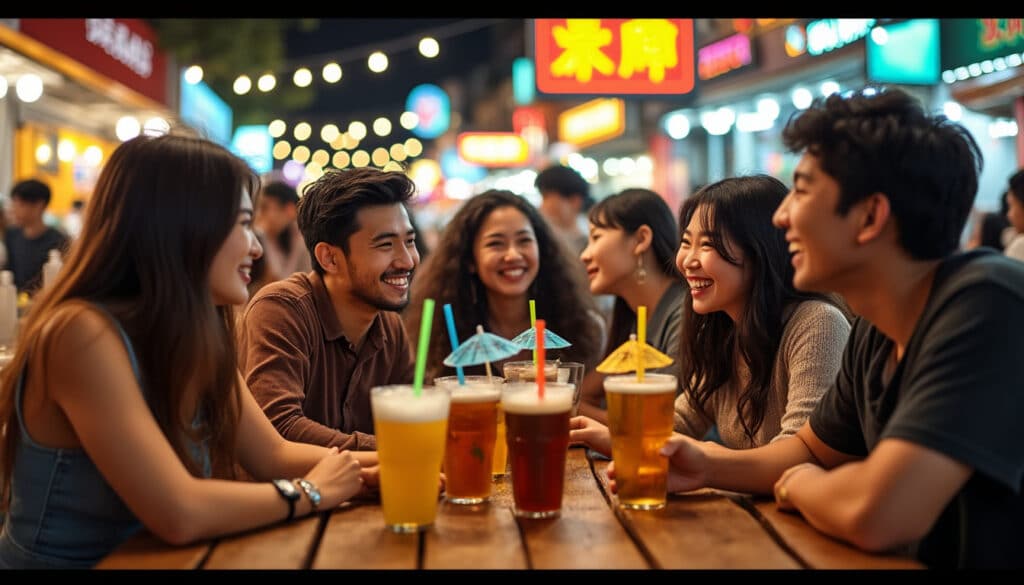
Drinking and age restrictions in Taipei
The conversation around drinking and age restrictions in Taipei is a complex and evolving topic, shaped by both cultural nuances and public health concerns. While the legal drinking age in Taiwan is currently set at 18, there are growing calls…

In recent years, Taipei has become a bustling hub of activity and excitement, particularly during the holiday season. As the legislation regarding public holidays undergoes significant changes, both residents and travelers should be well-informed about what this means for experiencing…

Moving to Taipei, the bustling capital city of Taiwan, is an adventure filled with vibrant city life, delicious street food, and a thriving cultural scene. However, relocating comes with its own set of challenges, especially when it comes to navigating…

Smoking, drugs, and red light laws in Taipei
In the vibrant city of Taipei, where modernity meets traditional charm, the legal landscape surrounding smoking, drugs, and the red-light district is evolving. The bustling streets offer a unique blend of cultural experiences, but understanding the local legal frame can…
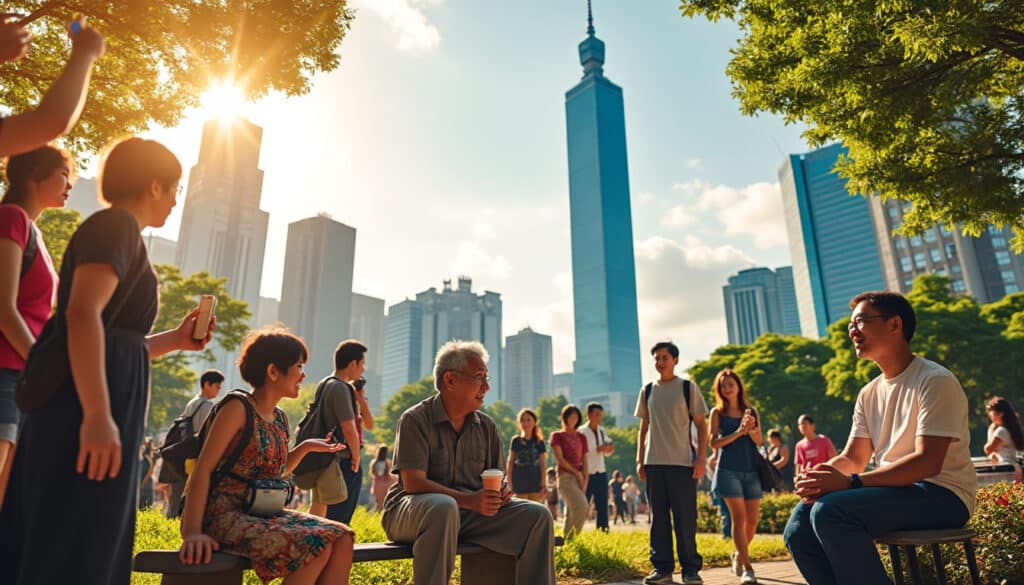
Social and discrimination issues in Taipei
As Taiwan continues to progress in various social avenues, the capital, Taipei, finds itself at the crossroads of modernity and tradition. Social justice and discrimination issues are topics of growing importance in the city, as cultural and demographic shifts mold…

